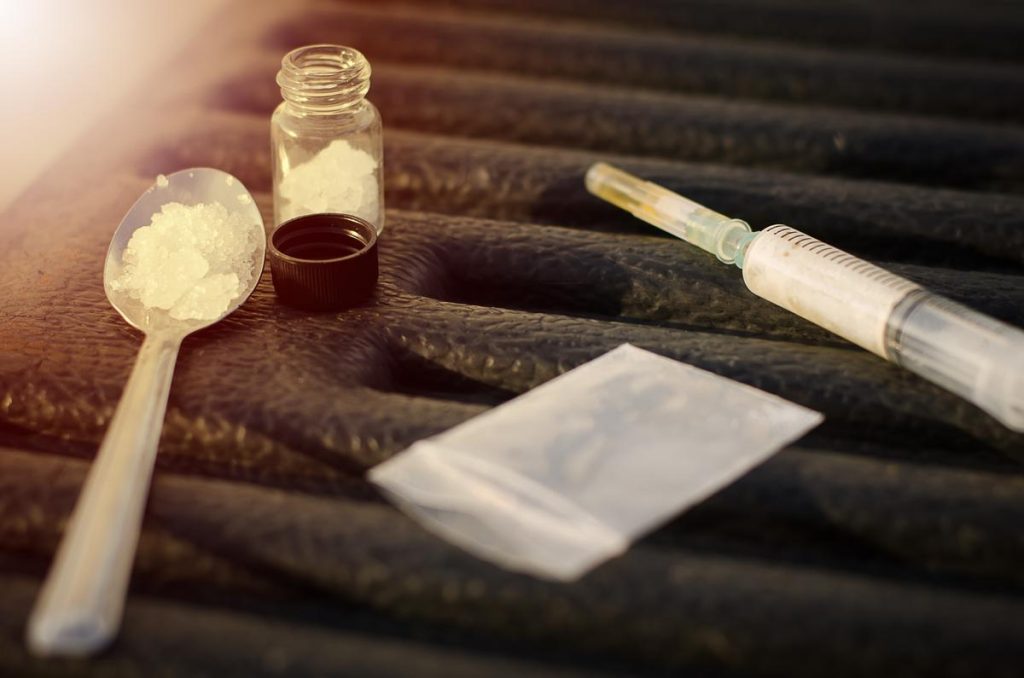
11 Minutes
CONTENTS
Flakka is a designer drug that emerged in the early 2010s. It can induce intense euphoria, heightened alertness, and increased energy levels. However, its effects can be unpredictable and often lead to dangerous consequences.
The drug gained notoriety for its highly addictive nature and the potential to cause severe physical and psychological harm. Users commonly administer it by smoking, snorting, or injecting, which can rapidly lead to addiction and compulsive drug-seeking behaviours. The drug’s affordability and accessibility have contributed to its prevalence among specific demographics.
Flakka has been associated with various adverse effects ranging from hallucinations to life-threatening complications that may cause death. The emergency department has reported cases of users exhibiting extreme agitation and displaying superhuman strength, putting themselves and others at risk.
Understanding what is Flakka and how it work can help people understand its dangerous and potentially fatal effects. It can also help control drug use amongst populations and decrease Flakka-related consequences and fatalities.
FAQs
A UNIQUE METHOD TREATING Addiction
a successful and proven concept focusing on underlying causesAddiction TREATMENT LASTING APPROACH
0 Before
Send Admission Request
0 Before
Define Treatment Goals
1 week
Assessments & Detox
1-4 week
Psychological & Holistic Therapy
4 week
Family Therapy
5-8 week
Aftercare
12+ week
Refresher Visit
Addiction Insights
latest news & research on Addiction
Vaping Dangers UK
Moreover, vaping can cause lung and organ damage, breathing problems, and conditions like EVALI (e-cigarette, or vaping, product use-associated lung injury)
read more
Monkey dust Addiction
Individuals most at risk of monkey dust addiction include those already struggling with other forms of drug addiction or those with underlying mental health issues
read moreAccreditations



































































